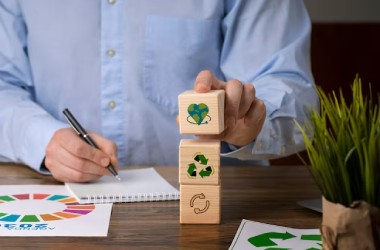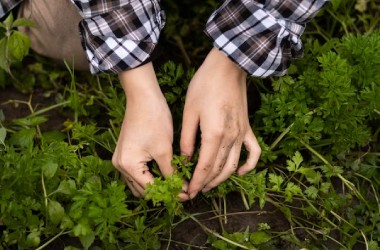is projected to surge to 8.6 billion by 2030, a staggering 9.8 billion by 2050, and a daunting 11.2 billion by 2100, signifying a relentless surge in the demand for sustenance. By 2050 alone, we anticipate an additional 2.3 billion mouths to feed, necessitating a colossal 70% surge in food production to meet this burgeoning demand.
An estimated 70% of the global population is set to reside in cities by 2050. While this urbanization trend signifies progress, fewer individuals will directly engage in food production, raising substantial concerns about ensuring a steady and sufficient food supply to urban centers.
The projection of an 88% upswing in the consumption of ruminant meat (such as beef, lamb, and goat) between 2010 and 2050 adds further complexity to our food security equation, given the resource-intensive nature of meat production.
Escalating incomes across the globe are propelling increased demand for resource-intensive foods like grains and meat, compelling us to confront the monumental task of significantly boosting agricultural production.
While much of the agricultural production growth hinges on enhanced yields and crop intensification, we still require 120 million hectares of arable land in developing nations. However, securing this land is a formidable challenge due to natural resource constraints and competition with other essential needs like forest conservation and urban expansion.
The escalating water consumption for agriculture is poised to exacerbate water scarcity in many regions. Effective water management will be indispensable to safeguarding food production.
The specter of climate change looms large, with potential disruptions to rainfall patterns and adverse impacts on water resources and crop yields. This further compounds the complexity of food security.
Equitable access to food and poverty reduction are pivotal yet daunting challenges. Without adequate measures, approximately 370 million people may still grapple with hunger in 2050.
Addressing these multifaceted challenges necessitates substantial investments in agriculture, rural infrastructure, agricultural research, and extension services. Such investments are imperative to secure food for a burgeoning global population.
Modern agrifood systems contribute to rising inequality, have become the primary driver of biodiversity loss, and are responsible for 1/3 of global anthropogenic GHG emissions. Adopting a food systems approach is necessary to address multiple challenges simultaneously and accelerate the transformation to sustainable agrifood systems.
UN Food Systems Coordination Hub
#actnow #organic #naturalresources #globalwarming #climatechange

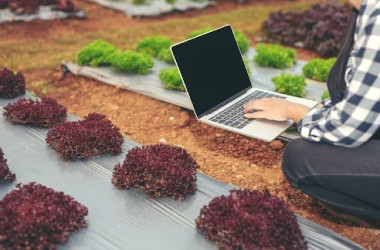
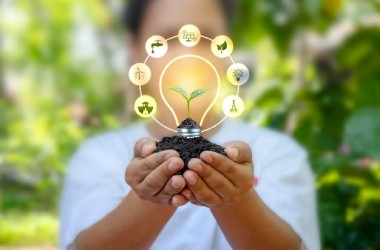
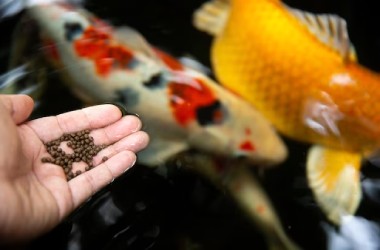
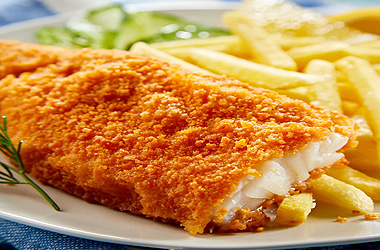


.jpg)
